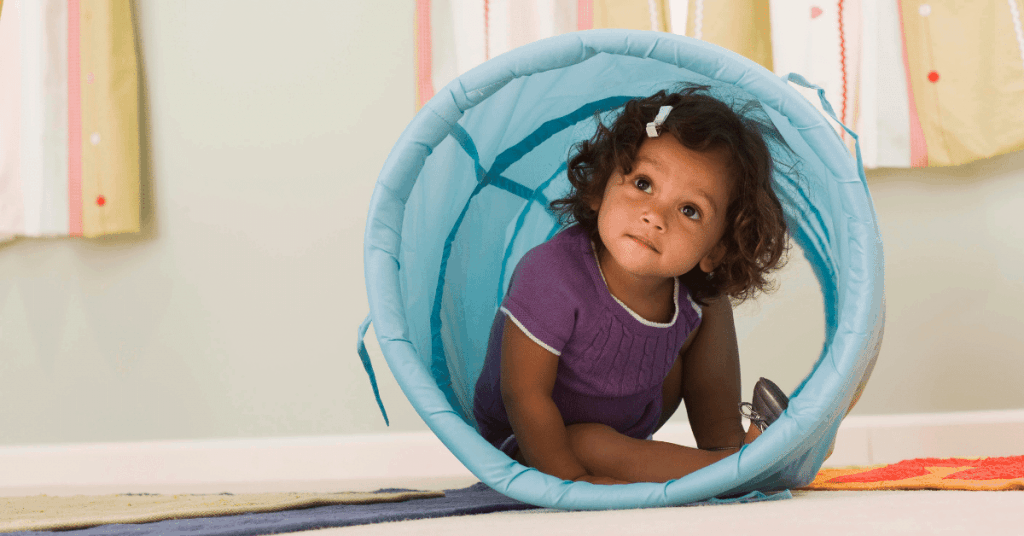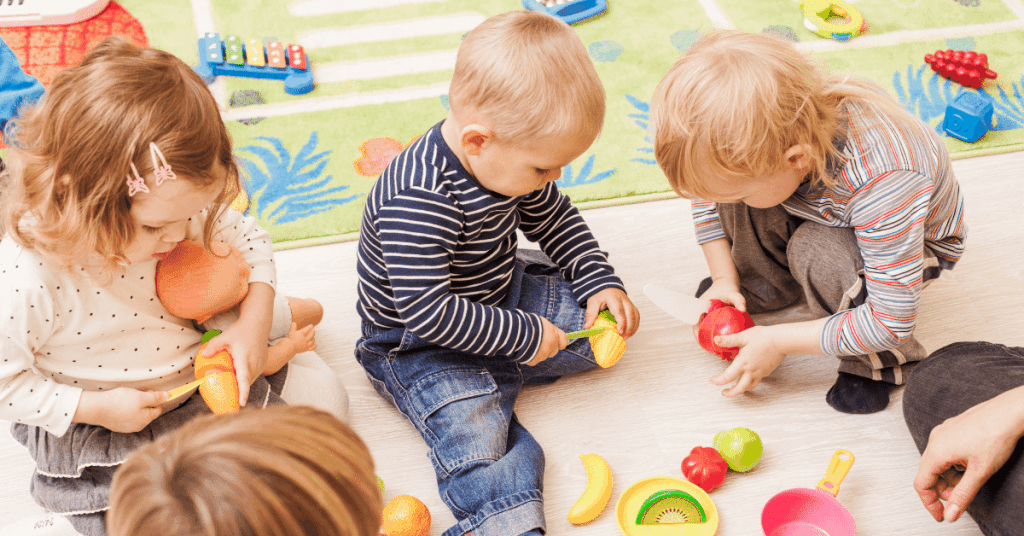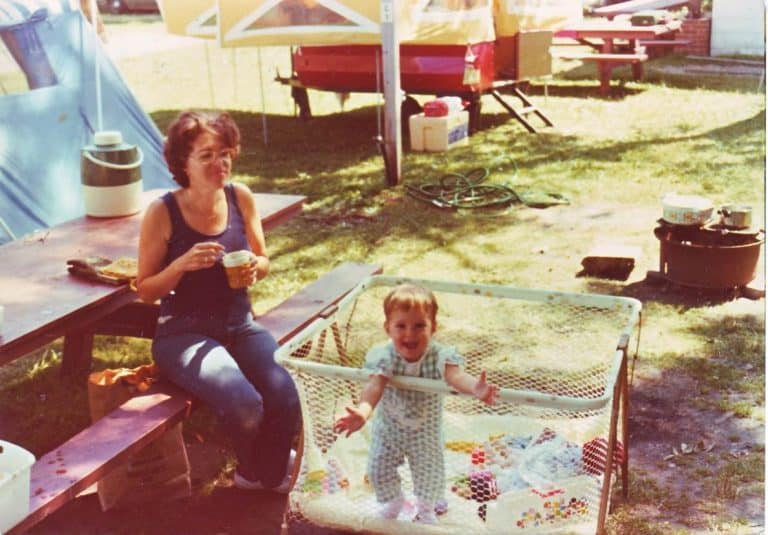How To Raise Children To Be Socialable and Confident
We all want our children to grow up to be happy, confident, and self-sufficient. We want to raise people who will speak up when necessary, but also know when to listen and when to remain silent. It takes time and effort to develop confidence. It isn’t always easy to do so. Some people are more hesitant to speak up or take chances.
The ability to communicate easily and naturally will be very useful for your children in the future. Confidence and social skills are valuable resources that help children make friends, grow up, go to university, get a job, and create a strong family of their own one day.
Babys & Toddlers

Imitate Your Child’s Sounds
When your child starts making the first sounds (about six months old), try to respond. If he says “ta-ta-ta-ta”, answer him “TA-TA-TA-TA”. Smile, repeat his sound louder and show that you like to communicate with him.
The child will most likely answer you: “TA-TA-TA-TA-TA!” This is an important stage in the development of not only speech, but also the connection between parents and the child. And of course, this is the basis for building a conversation.
Do you feel joy? Is the child happy? If so, then you’re doing everything right. And it’s very important to take turns talking. You don’t even have to communicate by voice; it could be some kind of gesture — reaching out, rattling a plate, or tapping a cup.
Say What They Would Say If They Could Speak
Communicate with children in the language that they think they understand better. Let’s say you’re standing by the window and holding the baby in your arms. You noticed that the child saw a dog on the sidewalk. Say, “Dog! There’s a dog. She’s going for a walk. Let’s say hello to her: Hello, dog!” Then help the kid wave to the dog. “Hi dog! Hello dog! Hi dog!”
Speak in simple short sentences and repeat them often. Any phrase of the child about the dog or question will help to continue the conversation. Whatever he says, support him approvingly, as if he said something brilliant.
Pre-School & Kindergarteners

Talk About Things That Are Interesting To The Child
Most preschoolers do not know how to conduct a conversation on the principle of “How are you?” – “Great, thank you, and you?”. If you want to communicate with a child, remember what interests him, and speak out on this topic. Does he paint the coloring book? Say something about coloring, pictures, or colored pencils he draws.
Or maybe he’s just standing idle? Look at his toys and say, “Wow, you have a spring toy! I love her too. Will you show me what you can do with her?” sit down to be on the same level as the child. It will roll the spring from one hand to the other and you should be happy with it. Then say, “Do you want me to show you one trick? Let’s put a spring on the ladder and see what happens.”
Continue the conversation, speak expressively, but in simple words, giving the child the opportunity to speak out and answer your questions. Try to communicate in a language that the child understands, so that the conversation does not tire him.
Don’t Read Mindlessly Or Watch TV Silently – Discuss a Book or TV Show
Reading to a child and watching TV together are passive activities. Make them active and turn them into a conversational occasion. Pause reading and discuss the pictures: “What do you think this little girl felt when she woke up?” When the TV show is interrupted by advertising, turn off the sound on the TV and talk about the plot: “What do you think will happen next?”
Ask Your Children Questions
Talk to your child regularly about what’s going on in their life. Ask something like, “What do you think about your kindergarten?” Be sure to set aside time for such conversations, even if you’re a very busy person. Children need your support and want to see that you are open to communicating with them!
Arrange Family Dinners
If you have children of primary school age and older, try at least sometimes to arrange family dinners. It is important that all family members come together. You have to prepare, because different circumstances will interfere with you in every possible way.
It is better to turn off the TV at dinner, and remove mobile phones.
Dinner is probably the only time during the day when the whole family can get together and socialize. Everyone, including the youngest, should tell a little bit about how their day went. Try to be polite so that children take an example from you.
Kids Ages 7 and Up

Give Children The Opportunity To Communicate With People
Take children to places and activities where they can hone their speaking skills. The more experience they have, the more chances they have of learning how to communicate properly.
Children need time to be alone with other kids with very little adult supervision (just enough to make sure that they don’t get hurt), in order to develop friendships and be able to develop their own personalities.
Set An Example
Children learn best what they see and hear. Do you have casual conversations with them? Do they see you following the rules of etiquette? The younger generation should understand how to behave in public and make acquaintances.
Explain to the children how to shake hands, answer calls politely, and teach them how to write thank-you letters. Young people usually do not consider rituals and rules of politeness to be something important, so you will have to be patient.
Show by example how to conduct a discussion. You can defend your point of view and support it with arguments, but you can not criticize and insult the interlocutor for his opinion. Relationships with people should be more meaningful for you than the desire to win some political dispute you learned about on twitter.
Remember: Your children learn by watching you.
Raising Confident & Social Kids Conclusion

Finally, as parents, our responsibility is to work ourselves out of a job, and that begins while our children are little. All children grow up and go on to spend their lives without us. How they live will be determined in part by our ability to overcome our own worry and want to control our child.
You’ve probably heard the saying about giving our children roots and wings. The roots are unconditional love. The wings are confidence. Young folks who have both have more opportunities in life.









